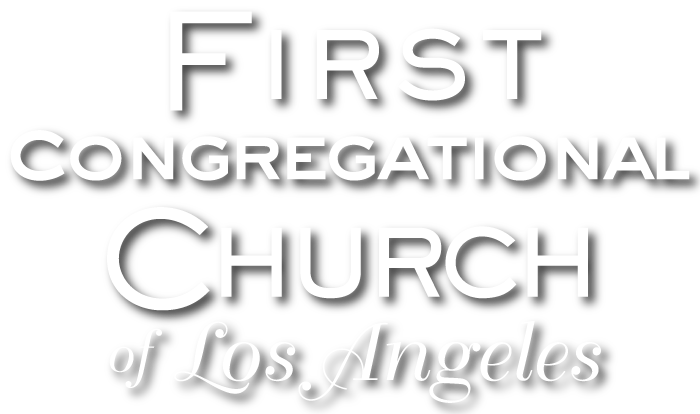Collaborative Ministry at First Church
Do you desire ways to deepen your spiritual journey in creative ways like Labyrinth walking and want to join alongside others in their journeys?
The Spirituality Collaborative is for you!
Are you passionate about justice and outreach and long to see First Church more involved with and for our community and world?
The Justice Collaborative is for you!
Have you always longed for deeper friendships in community and are interested in helping others make those connections too?
The Community Collaborative is for you!
All About Collaboratives!
Collaboratives bring together, in partnership, people who have different gifts, vocations, and responsibilities within the church. They begin with a fundamental desire to work together as people who are called to be followers of the Way of Christ– not just individuals doing our own thing. Collaborative ministry is committed to the people inside the church and outside the church and is a beautiful way to demonstrate a community of faith that truly believes in the possibility of transformation through spirituality, community, and justice.
The essence of collaborative ministry is to work with people and groups rather than doing things for them. Working with people helps to establish a sense of shared community. It helps everyone feel that they belong and that they are equal partners; people begin to think in terms of ‘we’ and they buy into ‘our projects’, ‘our ideas’, ‘our initiatives’ quicker than they will into the church’s projects, ideas, or initiatives. Yet, collaborative ministry does not just happen because people work together or cooperate in some way. It is a gradual and mutual evolution of new pattern.
Collaborative ministry is built, first and foremost, upon good personal relationships. They require people with emotional maturity that are willing to place a high priority on a shared vision that no one person owns. People in collaborative ministry need to be committed to face and work through conflict and competing agendas. They must be open to learning new ways of listening closely to each other while working together to find consensus, knowing that this ability is a sign of maturity and commitment.
In collaborative models, leaders are seen as ‘moderators of the aspirations, plans and priorities of the group’, and are called on to keep the purpose of our life together present in all that is said and done. The ministers in a church with a collaborative ministry structure are primarily tasked with enabling the communion to grow rather than ‘running the church.’ If this model becomes deeply embraced by the church, the desire for shared decision-making in all aspects of the life of the church is the natural outcome of working collaboratively.

